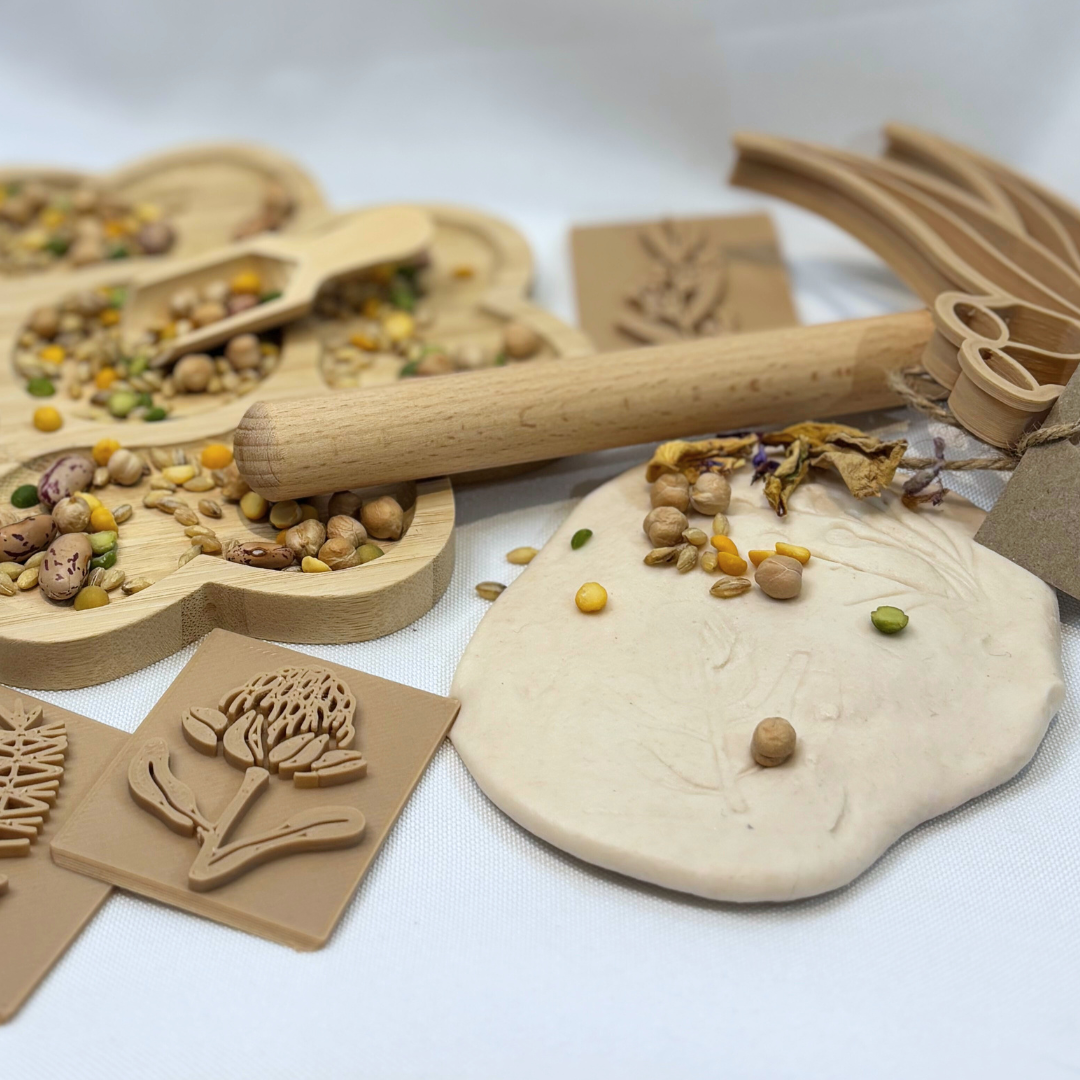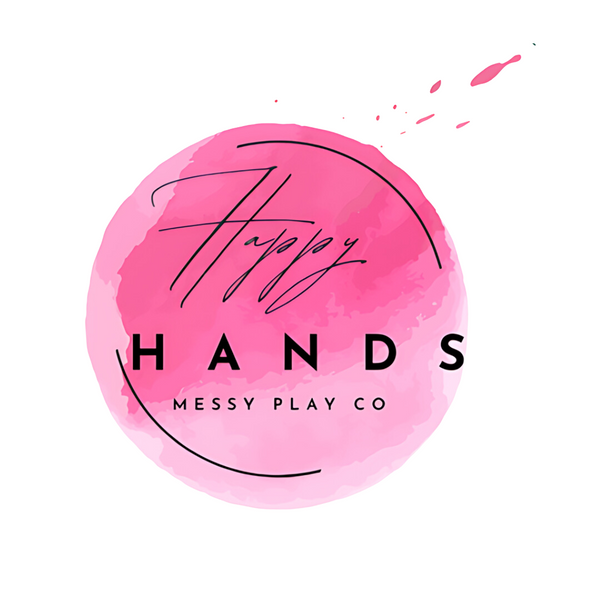
The Power of Sensory Play in Early Childhood Development
Share
As an advocate for early childhood development and a passionate supporter of neurodiverse children, I am thrilled to delve into the transformative benefits of sensory play. At Happy Hands Messy Play Co, we believe that play is not just a way to pass the time; it is a crucial aspect of learning and development. Our products are designed to align with the Early Years Learning Framework (EYLF) and the NSW Curriculum, providing practical tools for parents and educators to support children's growth.
Theoretical Foundations of Sensory Play
The significance of sensory play is well-documented by renowned theorists in the field of early childhood education. Jean Piaget emphasized the importance of sensory experiences in his theory of cognitive development, suggesting that children learn by interacting with their environment. Lev Vygotsky's social constructivist theory also highlights the role of sensory play in social and cognitive development, where children learn through guided interactions.

Cognitive Growth through Sensory Play
Sensory play stimulates cognitive processes by encouraging exploration, experimentation, and problem-solving. When children engage with materials that have different textures, colors, and scents, like our bush-scented playdough, they develop critical thinking skills and enhance their understanding of the world.
The EYLF Outcome 4 emphasizes that children are confident and involved learners who develop a range of skills and processes such as problem-solving, inquiry, experimentation, hypothesizing, researching, and investigating. Sensory play supports this outcome by providing hands-on experiences that foster curiosity and cognitive development.
Enhancing Motor Skills
Fine motor skills are essential for daily tasks and academic success. Activities that involve manipulating small objects, such as scooping sensory bases or using playdough cutters, help children develop these vital skills. According to the NSW Curriculum, developing fine motor skills is crucial for handwriting and other precision tasks.
Our Australian Natives Collection Sensory Box includes tools like mini wooden bowls, spoons, and scoops, as well as native Australian flower stamps and gumnut playdough cutters from Kinfolk Pantry. These items are specifically chosen to enhance fine motor development through engaging and meaningful play.

Emotional Regulation and Sensory Play
Sensory activities provide a calming effect that can help children manage their emotions. The repetitive motions involved in sensory play, such as kneading playdough or sorting dried flowers, can reduce anxiety and promote emotional well-being. This is particularly beneficial for children with autism or ADHD, who may experience heightened sensory sensitivities.
The EYLF Outcome 3 focuses on children having a strong sense of wellbeing, which includes developing the ability to understand and regulate emotions. Sensory play offers a safe and enjoyable way for children to explore their feelings and develop coping strategies.
Supporting Neurodiverse Children
For neurodiverse children, sensory play can be a vital tool for development. It provides a structured yet flexible environment where they can explore new experiences and build social skills. Sensory play can also help children with autism or ADHD improve their focus and attention, making it easier for them to engage in learning activities.
At Happy Hands Messy Play Co, I am dedicated to providing high-quality sensory play products that support early childhood development.
Our Australian Natives Collection Sensory Box is a perfect example of how we integrate sensory experiences with educational goals. This sensory box includes:
Bush Scented Playdough: Stimulates the sense of smell and touch, encouraging cognitive and emotional engagement.
Natural Sensory Base: A mix of dried split peas, chickpeas, yellow peas, and pearl barley provides varied textures for tactile exploration.
Dried Flowers: Adds visual and tactile interest, perfect for creative play and crafts.
Mini Wooden Tools: Bowls, spoons, and scoops enhance fine motor skills and hand-eye coordination.
Native Australian Flower Stamps and Gumnut Playdough Cutter: Encourage artistic expression and connection to Australian flora.


By incorporating our sensory play products into your child's routine, you can support their development in alignment with the EYLF and NSW Curriculum. Our products are designed to be both educational and enjoyable, making learning a natural and joyful process.
Sensory play is a powerful tool for early childhood development, offering benefits that span cognitive growth, motor skills, emotional regulation, and support for neurodiverse children. At Happy Hands Messy Play Co, we are committed to providing resources that enhance these developmental areas, grounded in the principles of leading educational theories and frameworks.
Explore our range of sensory play products today and discover how you can support your child's development through play. Visit [Happy Hands Messy Play Co to shop now and read more about our educational approach.
